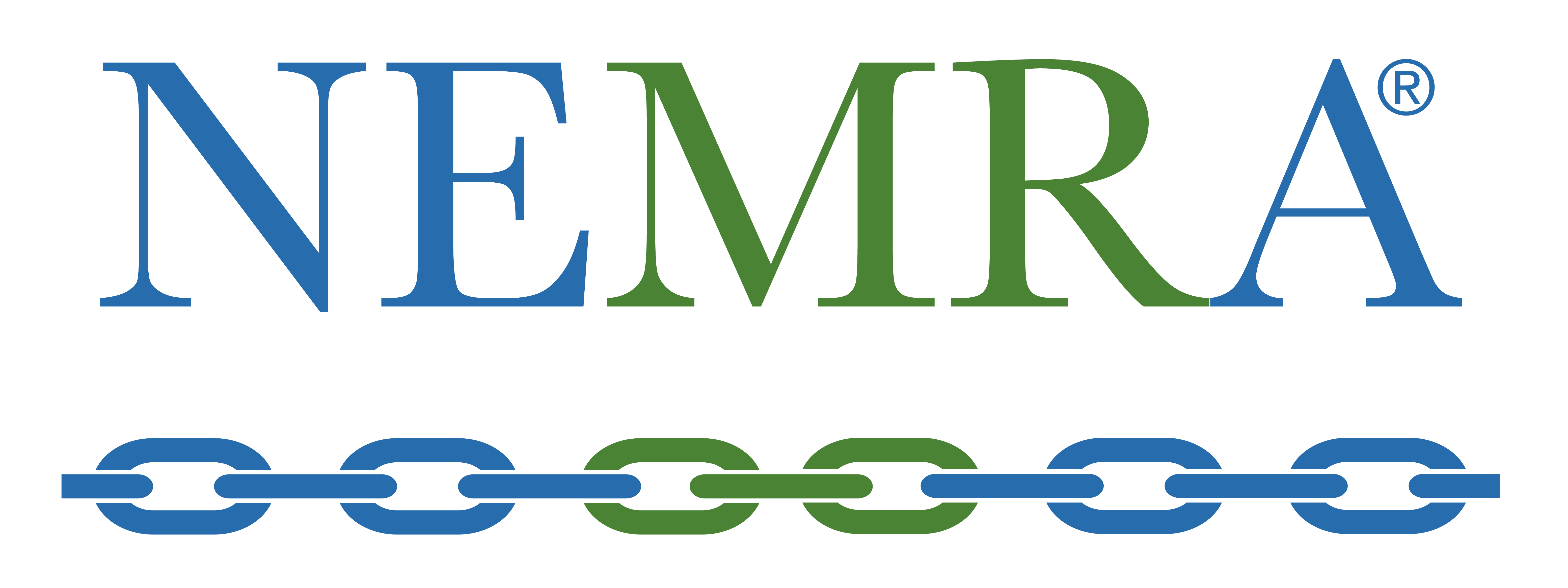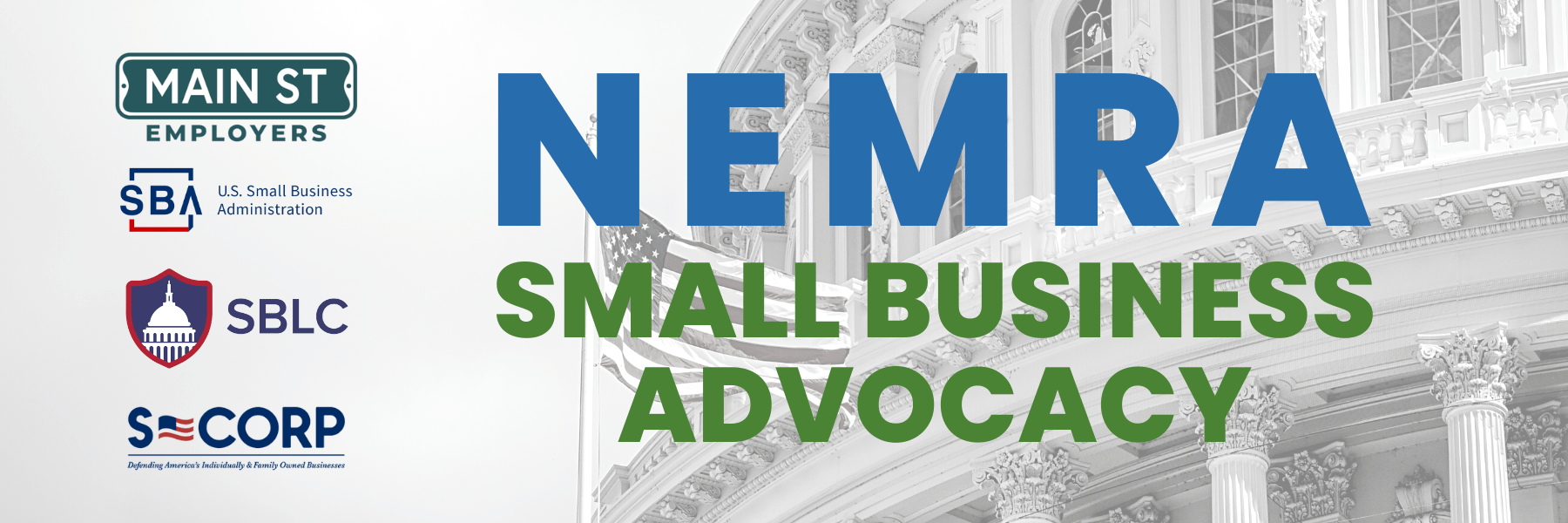Abstract
The Corporate Transparency Act’s beneficial ownership reporting requirements are set to take effect January 1, 2024. The new statute will affect virtually every small business in America – whether in the form of privacy risks, added compliance costs, or at worst steep civil and criminal penalties.
Letter
The undersigned organizations, representing millions of small businesses operating in every state and community across the country, join the American Institute of Certified Public Accountants (AICPA) and strongly urge Congress to delay implementation of the beneficial ownership reporting under the Corporate Transparency Act (CTA) by one year.
The CTA requires the submission of regular reports to the federal government identifying the beneficial owners of businesses and other legal entities. The stated goal is to target shell companies used in illicit financial transactions, but the new law defines the targeted entities as those having 20 or fewer employees and under $5 million in revenue. In other words, not just shell companies but nearly every small business in America.
The scope of the data collection is beyond anything the Federal government has ever attempted outside of the Tax Code. Covered entities will be required to provide the personal information of their so-called beneficial owners – owners, board members, senior employees, attorneys, etc. and then constantly monitor the information to ensure it is current. The Financial Crimes Enforcement Network (FinCEN) expects to receive more than 32 million separate reports in 2024, with an additional five to six million filings each year thereafter.
Despite this unprecedented challenge, FinCEN is simply not ready. Of the three primary rules necessary to implement the new law, only one has been completed, the second is still at the “proposed” stage and needs to be finalized, while the third has yet to be released even as a proposed rule. FinCEN’s leadership has assured Congress they are ready to go starting next year but that is clearly not the case.
Meanwhile, FinCEN is woefully behind when it comes to educating stakeholders of their new obligations. A National Federation of Independent Business survey found that 90 percent of respondents were entirely unfamiliar with the reporting requirements. The CTA includes civil and criminal penalties of up to $10,000 and two years of jail time for failing to comply, so this lack of awareness is alarming and needs to be addressed before the law is implemented. A year’s delay will provide FinCEN and the business community with more time to educate owners of their new obligations. It will also give Congress and FinCEN time to review the new rules to ensure they are successful. As the AICPA noted in its letter, FinCEN has significantly underestimated the cost burdens associated with the new reporting regime, it has relied on vague and arbitrary standards in laying out the criminal and civil penalties under the statute, and it has implemented filing deadlines for newly-formed entities which in some cases are impossible to meet. All these shortcomings need to be addressed.
We strongly urge Congress to act now and delay implementation of the Corporate Transparency Act by one year. Doing so will give FinCEN sufficient time to improve and finalize the statute’s regulatory framework while giving stakeholders time to prepare for their new compliance obligations.





